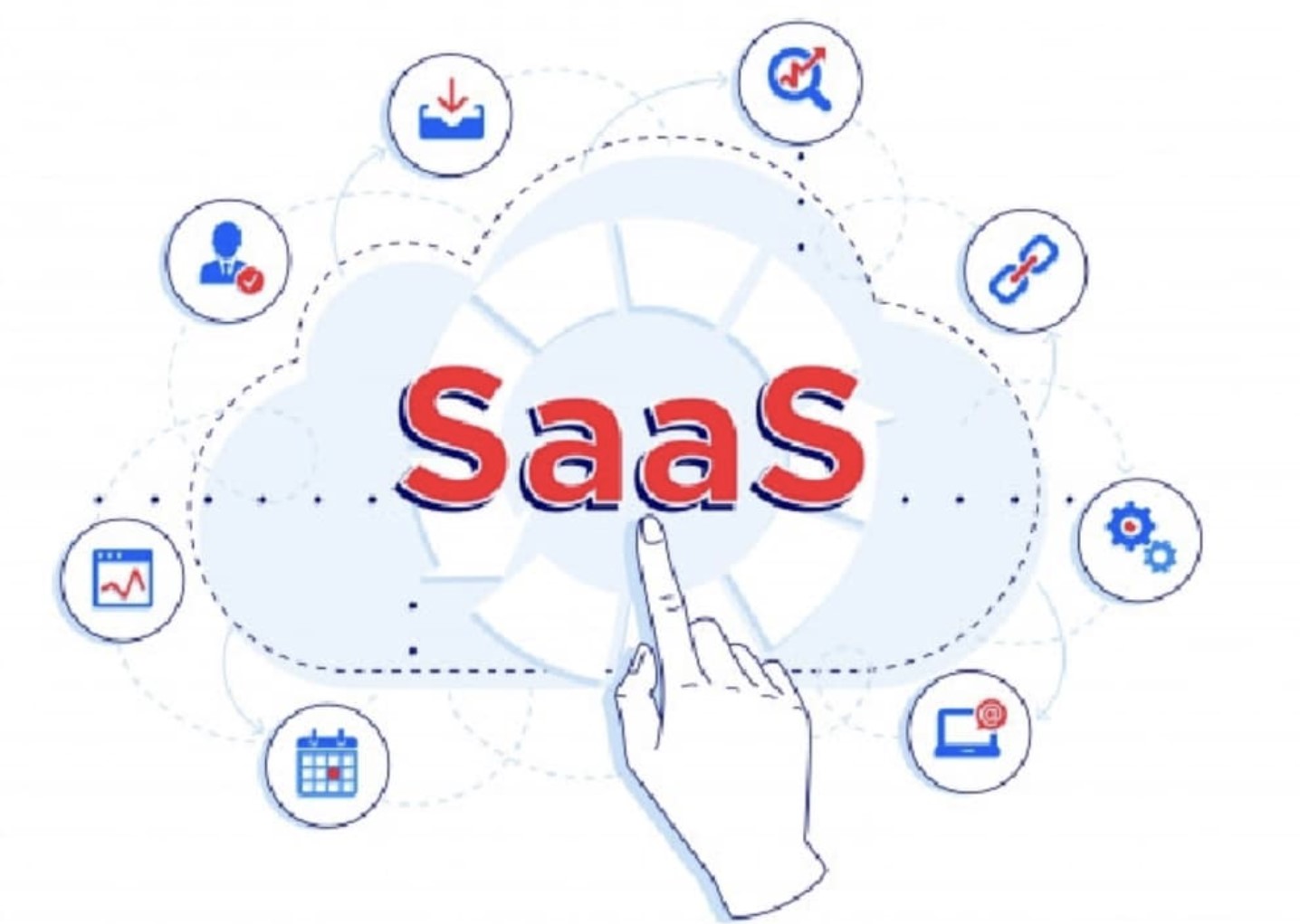Customer Relationship Management (CRM) is a crucial aspect of modern business operations. It involves managing interactions with current and potential customers to enhance relationships and drive growth. Effective CRM implementation is essential for businesses looking to streamline processes, improve customer satisfaction, and boost profitability.

Pre-Implementation Planning
Before diving into CRM implementation, it’s vital to undertake thorough pre-implementation planning. This includes assessing business needs, setting clear objectives, and selecting the right CRM system that aligns with the organization’s goals and requirements. Pre-implementation planning is a crucial phase in the process of setting up a CRM system for your business. It involves thorough assessment, strategizing, and decision-making to ensure that the CRM implementation aligns with your organization’s goals and requirements During this phase, it’s essential to assess your business needs carefully. This involves identifying pain points, challenges, and opportunities where CRM can make a significant impact. By understanding your business requirements, you can tailor the CRM system to address specific needs and priorities.
Stakeholder Involvement
Getting buy-in from key stakeholders is critical for the success of CRM implementation. This includes obtaining support from leadership, involving frontline employees who will be using the system daily, and engaging the IT department to ensure smooth integration and technical support Setting clear objectives is another key aspect of pre-implementation planning. Define what you aim to achieve with the CRM system, whether it’s improving customer relationships, increasing sales, enhancing marketing effectiveness, or streamlining internal processes. Clear objectives provide a roadmap for the implementation process and help measure success. Choosing the right CRM system is critical for successful implementation. Evaluate different CRM solutions based on factors such as features, scalability, customization options, integration capabilities, and cost. Consider conducting demonstrations, seeking recommendations, and consulting with experts to make an informed decision.
Additionally, consider factors such as user-friendliness, training requirements, and technical support when selecting a CRM system. Ensure that the chosen solution aligns with your organization’s technological infrastructure and is compatible with existing systems and software. By investing time and effort into pre-implementation planning, you lay a solid foundation for a successful CRM implementation. This phase sets the stage for effective stakeholder involvement, data management, customization, training, and ultimately, the achievement of your CRM goals.
Data Management and Integration
Data is at the heart of CRM, and effective data management is essential for success. This involves cleansing and standardizing data, integrating CRM with existing systems to ensure seamless data flow, and implementing robust security measures to protect sensitive customer information Data management and integration play a crucial role in the effective implementation of a CRM system. It involves organizing, storing, and utilizing data efficiently to derive valuable insights and improve customer relationships One aspect of data management is data cleansing and standardization. This process involves identifying and rectifying inaccuracies, duplications, and inconsistencies within the data. By ensuring data quality, businesses can rely on accurate information to make informed decisions and provide personalized experiences to customers.
Training and Change Management
Comprehensive training programs are necessary to ensure that employees are proficient in using the CRM system. Change management strategies should also be employed to address any resistance to change and foster a culture of adaptability and continuous learning within the organization Integration with existing systems is another essential component of data management. CRM systems should seamlessly integrate with other software and databases used within the organization, such as ERP systems, marketing automation platforms, and customer service tools. This integration allows for a unified view of customer data across different touchpoints and departments, enabling better coordination and collaboration Data security is paramount in data management. Businesses must implement robust security measures to protect sensitive customer information from unauthorized access, breaches, and cyber threats. This includes encryption, access controls, regular audits, and compliance with data protection regulations such as GDPR and CCPA Overall, effective data management and integration ensure that CRM systems have access to accurate, comprehensive, and secure data, enabling businesses to build stronger relationships with customers, make data-driven decisions, and drive business growth.
Customization and Configuration
Every business is unique, and CRM systems should be tailored to specific business processes and requirements. This involves customizing the system to match workflow preferences, configuring automation to streamline repetitive tasks, and ensuring flexibility for future scalability Customization involves adapting the CRM platform to match unique business processes, industry requirements, and organizational preferences. This may include customizing fields, layouts, and modules to capture relevant data points and reflect the way your team operates. By customizing the CRM system, businesses can ensure that it aligns closely with their existing workflows and enhances productivity.
Monitoring and Evaluation
Establishing key performance indicators (KPIs) is essential for tracking the success of CRM implementation. Regular performance reviews should be conducted to assess progress, identify areas for improvement, and create feedback loops for continuous enhancement Configuration, on the other hand, refers to the setup and optimization of the CRM system’s features and functionalities. This includes defining workflows, automating processes, and establishing rules and permissions. Configuration allows businesses to streamline operations, automate repetitive tasks, and ensure consistency in how data is managed and utilized.
User Adoption Strategies
Addressing resistance to change and ensuring user adoption is crucial for the effective utilization of CRM systems. Highlighting the benefits for end users, providing ongoing support and guidance, and soliciting feedback are effective strategies for promoting user engagement and buy-in Together, customization and configuration empower businesses to maximize the value of their CRM investment. They enable organizations to create a tailored CRM solution that meets their specific requirements, improves efficiency, and drives better outcomes. Additionally, flexibility for future scalability should be built into the customization and configuration process, allowing the CRM system to evolve alongside the business as it grows and evolves.
Integration with Customer Experience (CX) Initiatives
Integrating CRM with customer experience initiatives is vital for delivering personalized and seamless interactions across all touchpoints. Leveraging customer insights gleaned from CRM data can help businesses enhance overall customer satisfaction and loyalty By integrating CRM with CX initiatives, businesses can gain a deeper understanding of customer preferences, behaviors, and pain points. This enables them to anticipate customer needs, tailor communications and offerings, and create more meaningful engagements that resonate with their target audience.
Measuring ROI and Success Metrics
Calculating return on investment (ROI) and tracking success metrics are essential for evaluating the impact of CRM implementation. Metrics such as customer retention, acquisition costs, and lifetime value provide valuable insights into the effectiveness of CRM strategies One way CRM integration enhances CX is through personalized marketing and sales efforts. By analyzing CRM data, businesses can segment customers based on demographics, buying history, and preferences, allowing for targeted marketing campaigns and sales strategies. This personalization not only improves customer satisfaction but also increases conversion rates and customer loyalty.
Addressing Common Challenges
Common challenges in CRM implementation include overcoming resistance from employees, addressing data quality issues, and managing budget constraints. Proactively addressing these challenges is crucial for ensuring successful implementation and adoption Additionally, integrating CRM with customer service channels enables businesses to provide consistent and efficient support experiences. Agents have access to comprehensive customer profiles and interaction histories, allowing them to resolve inquiries quickly and effectively. This results in higher levels of customer satisfaction and retention.
Case Studies and Best Practices
Examining successful CRM implementation examples and learning from failures can provide valuable insights and best practices for organizations embarking on their CRM journey. Industry-specific recommendations and insights can further guide implementation strategies Furthermore, CRM integration can enhance CX by facilitating omnichannel communication and engagement. Whether customers interact with the brand through social media, email, phone, or in-person, CRM ensures a seamless experience by centralizing customer data and interactions across all channels. This unified view enables businesses to deliver consistent messaging and service quality, regardless of the touchpoint.
Future Trends in CRM Implementation
Looking ahead, future trends in CRM implementation include the integration of artificial intelligence and predictive analytics, the proliferation of mobile CRM solutions, and the adoption of emerging technologies to enhance customer engagement and satisfaction Overall, integration with CX initiatives enables businesses to elevate their customer experiences by leveraging CRM data and insights to deliver personalized, consistent, and memorable interactions. By aligning CRM efforts with broader CX strategies, organizations can build stronger relationships with customers, differentiate themselves from competitors, and drive sustainable growth.
Regulatory Compliance and Data Privacy
Adhering to regulations such as GDPR and ensuring ethical use of customer data are paramount in CRM implementation. Building trust and transparency with customers regarding data privacy practices is essential for maintaining strong customer relationships.
Conclusion
In conclusion, effective CRM implementation requires careful planning, stakeholder involvement, robust data management, and ongoing monitoring and evaluation. By prioritizing customer relationships and adopting best practices, businesses can unlock the full potential of CRM to drive growth and success.



